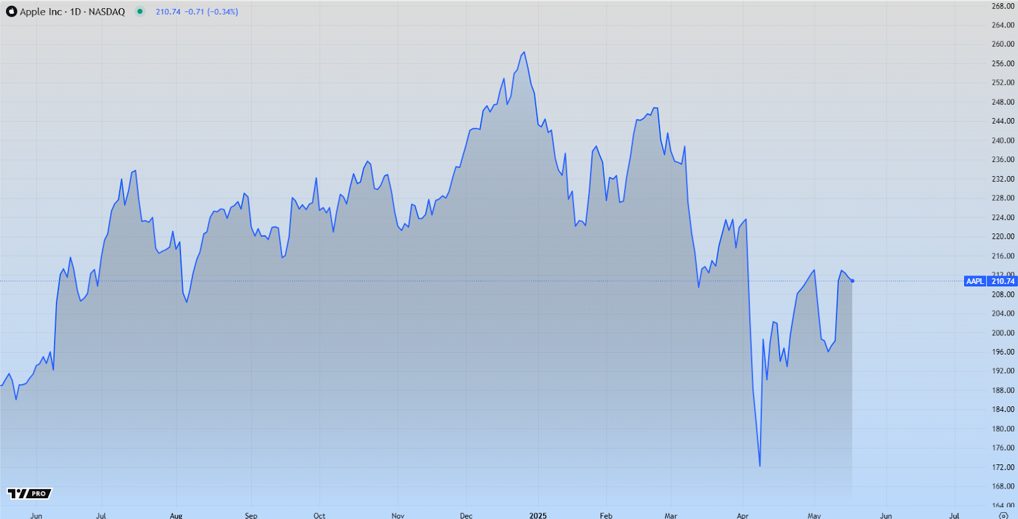The first step of your journey is always the hardest. There can be a lot of doubt or uncertainty involved when you decide to begin a novel, and especially for new authors, the process can seem daunting. Fortunately, if you plan ahead and have some guidelines in place, getting started on your next writing project can be an exciting undertaking. First we will discuss the planning phase, and then break down some important structure themes to keep in mind when you are starting your novel.
Planning Your Novel:
Understand Your Project and the Motivation Behind it
Your inspiration and creative ideas may have filled you with the desire to write your first novel, but before you get started, you should have clearly defined goals and identity in mind. What is the genre you want to work in? What are you hoping to say with your work? This can be as wide of a scope as you wish.
When you are writing your novel, it’s important to imagine the effect you want it to have on society. While you may be unsure, or have never thought of this, it can be the defining point of your project. When Upton Sinclair’s The Jungle released, he cast a spotlight on the meat-packing industry and spurred immense controversy, effectively changing health and food standards forever.
Another perfect historical example is the Forrest Fenn Treasure from the book The Thrill of the Chase: A Memoir. The author devised his own treasure hunt by hiding millions of dollars worth of gold and valuables in the mountains around Colorado and Wyoming and then inspiring thousands of people to search for it. This famous treasure hunt came to a close recently, and then began the process of finding the person who claimed to have found it, though they have not yet been named. Your goals may not be as grand as this, but it is crucial to define your own expectations.
Who is Your Target Audience?
Many authors embark on their new project without envisioning their ideal audience. This is a common pitfall, and one that can greatly affect your success. Your target audience will direct the overall tone and theme of your written works. Being an author is like being in any other business and if you intend to write a bestselling novel, you must have a plan to reach out to your ideal customers. This starts in the planning phase of your novel.

Structuring Your Novel:
Start With a Hook
Authors may take years to fully flesh out their characters and weave their intricate storylines. With this in mind it may be painful to admit it, but a hook may very well be the most important aspect of your story overall. This simple literary tool should be finely tuned and designed to capture the reader’s attention instantly, ensuring that they will stay around for the rest of the story. It’s not as easy as it may sound, but it is crucial to learn how to write an appropriate hook for your stories.
Follow With a Main Plot Turn
Next, you have to set the direction for the reader. The hook is the reader buying a ticket for your ride, but where is it leading? Here is the portion of the story where you will outline the mission, and write the events that will set things in motion for your characters. What are your hero’s motives? What are the driving forces in their life? Novels often follow very clear formulas and while it can be energizing to break away from the norms and expectations, it can also be jarring for the reader at times.
Keep Your Resolution In Mind, Work Towards it
It has been said that the best authors have their ending in mind and work backwards. While this may be a matter of personal preference, it does bring up an interesting point. Keeping your ending in mind gives you a rock-solid foundation to build on top of. If you have your starting point and a clearly defined ending, it becomes much simpler to lay out all of your creative ideas and connect them together in a cohesive manner.




